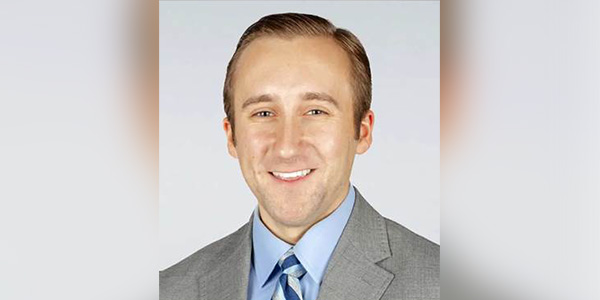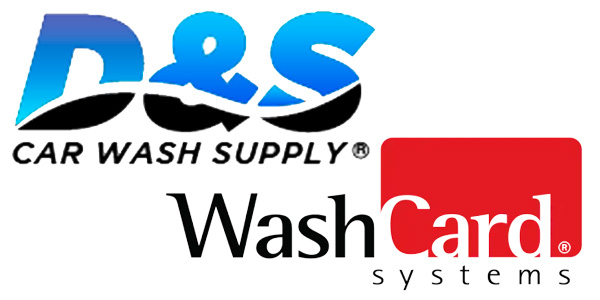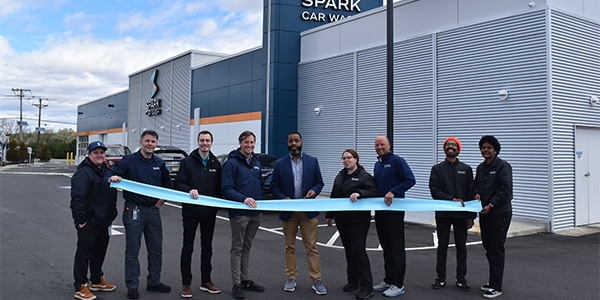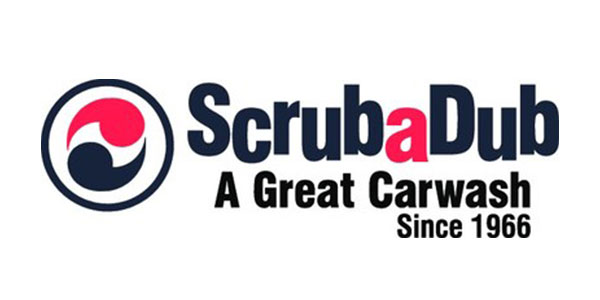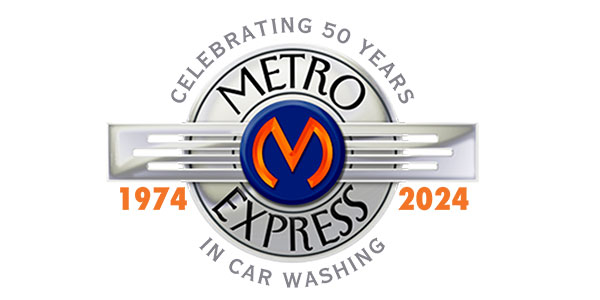How does the new American Taxpayer Relief Act of 2012 (ATRA) – better known as the fiscal cliff legislation affect you and your business? In this article we look at your business benefits, payroll taxes and your personal returns.
Tax benefits for American businesses
Are you taking advantage of the generous tax breaks that Congress recently passed for businesses (such as your car care business) across America?
50% Bonus Depreciation extended: The Act of 2012 extends the 50% first-year bonus depreciation for new (not used) assets that are placed in service in the calendar year 2013. To be eligible for the 50% first-year bonus depreciation, an asset must be new property and must be acquired by 12/31/13. Additionally, the original use of the asset generally must commence with the taxpayer by no later than 12/31/13. This would include items like new carwash equipment.
Vehicle Depreciation Deduction increased for 2012 (expected to be similar for 2013): For new passenger autos and light trucks the 50% bonus depreciation increases the maximum first-year depreciation deduction by $8,000; this means the maximum first-year depreciation deduction for new autos is $11,160 ($8,000 + $3,160) and $11,360 for new light trucks and vans ($8,000 + $3,360) in 2012. The allowances for 2013 are still unknown but are expected to be close to 2012.
Generous Section 179 rules and qualifying real estate expenditures: For qualifying carwash assets placed in service in tax years beginning in 2012 and 2013, the new law restored the maximum Section 179 deduction to $500,000. Without this change, the maximum deduction would have been only $139,000 for 2012 and only $25,000 for 2013.
Additionally, the deduction phase-out threshold is restored to $2 million for tax years beginning in 2012 and 2013; meaning if your asset purchases are more than $2 million, the $500,000 deduction gets phased out.
The temporary rule allowing up to $250,000 of Section 179 deductions for qualifying real property defined as leasehold improvements (alterations made to the interior of the building), placed in service in tax years beginning in 2010 and 2011 is retroactively restored for tax years beginning in 2012 and extended through tax years beginning in 2013. Understand that the $250,000 deduction allowance for qualifying real property is part of (as opposed to in addition to) the general $500,000 maximum allowance.
Be aware that for tax years beginning in 2014, the maximum Section 179 deduction is scheduled to be only $25,000, the phase-out threshold is scheduled to fall to $200,000, and the deduction privilege for real estate is scheduled to be eliminated.
Because the Section 179 deduction rules for tax years beginning in 2014 and beyond are still undecided, consider taking advantage of these rules while still in effect in 2013.
15-year Depreciation for Leasehold Improvements and Retail Space Improvements extended
Additionally, carwash companies can take advantage of the extended depreciation of qualified leasehold improvements and qualified retail improvements. The 15-year straight-line depreciation privilege for qualified leasehold improvements, and qualified retail space improvements is retroactively restored for property placed in service in 2012 and extended to cover property placed in service in 2013. Carwashes can utilize the 15-year depreciation for improvements of their entire carwash building, including office space, as well as parking lots and landscaping to mention a few.
Without the favorable 15-year depreciation rule, leasehold improvements, and retail space improvements generally would have to be depreciated straight-line over 39 years.
Employer Social Security Payroll change responsibilities
The reduced 4.2% rate for employee Social Security taxes that was in effect for 2011 and 2012 has expired. The employee Social Security tax rate returned to 6.2% for 2013 wages up to the taxable wage limit of $113,700; a maximum employer cost of $7,049.40 per employee.
Employers need to implement the 6.2% employee Social Security tax rate as soon as possible, but not later than February 15, 2013. After implementing the new 6.2% rate, employers need to make an adjustment in a subsequent pay period to correct any under withholding of social security tax as soon as possible, but not later than March 31, 2013.
Other Acts and deductions to consider
Mileage deductions for 2013: The new standard business auto mileage deduction rate for 2013 has a modest increase from 2012 with an allowance of 56.5¢ per mile. (The standard deduction for 2012 was 55.5¢ per mile). The charitable mileage deduction rate for 2013 qualifying expenses remains the same as the 2012 rate at 14¢ per mile. A taxpayer who uses a car for qualified medical or moving transportation may deduct a flat rate of 24¢ per mile in 2013, up slightly from 23¢ a mile for 2012 expenses.
IRA contributions for 2013: An individual’s maximum contribution to all of their traditional and Roth IRAs is the smaller of $5,500 ($6,500 if you’re age 50 or older), or their taxable compensation for the year. You or your spouse needs to have earned income of at least these amounts to make the maximum contribution.
Dividends and Capital Gain: The Act also permanently installs the 0% and 15% federal income tax rates on most long-term capital gains and dividends for most individuals, depending on their income. However, dividends and capital gain taxes increased to 20% (up from 15%) for married filing joint adjusted gross incomes above $450,000 and single filers above $400,000.
Without the Act, most long-term capital gains would have been taxed at 10% or 20% and dividends would have been taxed at ordinary rates of up to 39.6%.
The U.S. Estate Tax Law: This provides a $5 million per-person exemption (adjusted annually for inflation) which raised the highest tax rate from 35% to 40% but continues the current policy of reunifying the estate and gift taxes.
Estate and Trust Ordinary Income Tax Rates: For estates and trusts income, this Act permanently installs the tax rates of 15%, 25%, 28%, and 33%, starting in 2013. Additionally, the Act added a tax rate of 39.6%.
Gift Annual Exclusion: The maximum annual gift amount that won’t be subject to gift tax has increased for 2013 to $14,000 per person, up from $13,000 per person for 2012. If you and your spouse have a taxable estate, gifting could save your at least 40% extra on every dollar in estate taxes.
Alternative Minimum Tax (AMT) Exemption: This provides for the higher Alternative Minimum Tax Exemption to be restored and indexed for inflation for 2013. The exemption of $33,750 individual and $45,000 married increased to $50,600 single and $78,750 married for 2012.
The Personal and Dependent Exemption Deduction phase-out: This has been restored for 2013. Unfortunately, as a result, persons with higher-income may see their personal and dependent exemption deductions reduced or even completely eliminated. Under this provision, exemptions are reduced by 2% for each $2,500 by which AGI exceeds the applicable threshold. For 2013, the applicable threshold is $250,000 for singles, and $300,000 for married joint-filing couples. After 2013, these threshold amounts will be adjusted for inflation.
The Itemized Deduction phase-out: This has also been reinstated. As a result, higher income individuals can potentially lose up to 80% of their otherwise allowable itemized deductions for mortgage interest, state and local taxes, charitable contributions, and miscellaneous itemized deductions.
For 2013, the phase-out starts at adjusted gross income (AGI) of $250,000 for singles and $300,000 for married joint-filing couples. After 2013, these threshold amounts will be adjusted for inflation.
IRA Qualified Charitable Contributions extended
For 2006–2011, IRA owners who had reached age 70½ were allowed to make tax-free charitable contributions of up to $100,000 directly out of their IRAs. Such contributions were called Qualified Charitable Distributions (QCDs), and they counted as IRA
Required Minimum Distributions (RMDs). Charitably inclined seniors with more IRA money than they needed could reduce their income tax bills by arranging for tax-free QCDs to take the place of taxable RMDs. The Act retroactively restored it for 2012 and extended it through 2013.
This list of changes to the tax law is not all inclusive; therefore, we recommend you contact your accountant for how the American Tax Relief Act affects you and your business.
Allen Kutchins, CPA, is the founding partner of Kutchins, Robbins & Diamond, Ltd. (KRD), in greater Chicagoland. Allen specializes in tax and financial planning for businesses and families. He assists companies in all their business life cycle stages, to succession and estate planning. Contact Allen at 847-278-4335 or at [email protected].



